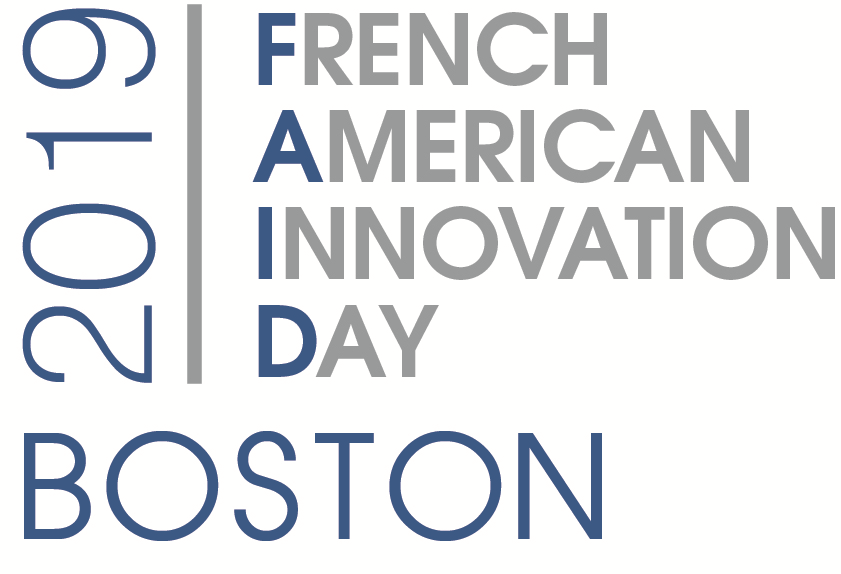Accelerating the Cycle of Innovation
The cycle of innovation, from laboratory to demonstrations and commercialization, can be accelerated through physical testing that is tightly linked to numerical simulations. This requires both complex and large facilities that can represent physical conditions realistically and numerical models that represent behavior accurately. This panel will include examples of the cycle of innovation of floating technology in France and the United States and a discussion on ideas for accelerating this process.
Moderator: Matthew Lackner (UMass Amherst)

Matthew Lackner is an Associate Professor in the Mechanical and Industrial Engineering department at the University of Massachusetts Amherst, and the Associate Director of the Wind Energy Center. He holds a BSE from Princeton University, an MS from MIT, a PhD from UMass Amherst, and completed his postdoctoral research at TU Delft. His research centers on floating offshore wind turbines, with specific focus on the unsteady aerodynamics and structural load control of floating wind turbines.
Panelist #1: James Manwell (UMass Amherst)
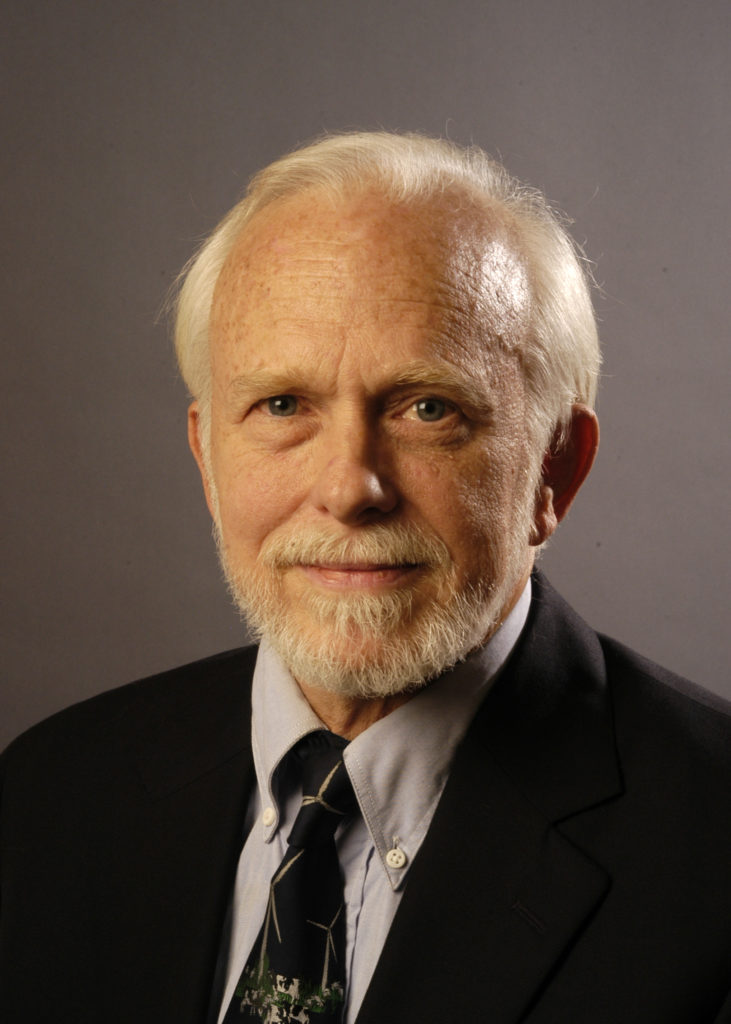
James F. Manwell graduated from Amherst College with a B.A. in biophysics and then from the University of Massachusetts with an M.S. in Electrical and Computer Engineering and a Ph.D. in Mechanical Engineering. He is presently a Professor of Mechanical Engineering at the University of Massachusetts Amherst and the Director of the University’s Wind Energy Center. Prof. Manwell has been working in field of wind energy for over 35 years, both within the United States and internationally. His research interests have focused on assessment of the wind resource and wind turbine external design conditions, hybrid power system design, energy storage and offshore wind energy. He is an author of a textbook on wind energy: Wind Energy Explained: Theory, Design and Application. He worked with the International Energy Agency’s wind energy R&D activity, Annex VIII, which dealt with autonomous wind systems and in conjunction with that activity was a contributing author to the book, Wind-Diesel Systems: A Guide to the Technology and its Implementation. Subsequently, he was the US representative to the International Electrotechnical Commission’s (IEC) program to develop the first design standards for offshore wind turbines (IEC 61400-3), served on the International Science Panel on Renewable Energies, was instrumental in bringing a large wind turbine blade test facility to Massachusetts and was a charter committee member for the North American Academy of Wind Energy.
Panelist #2: Jean-Christophe Gilloteaux (Ecole Centrale of Nantes)
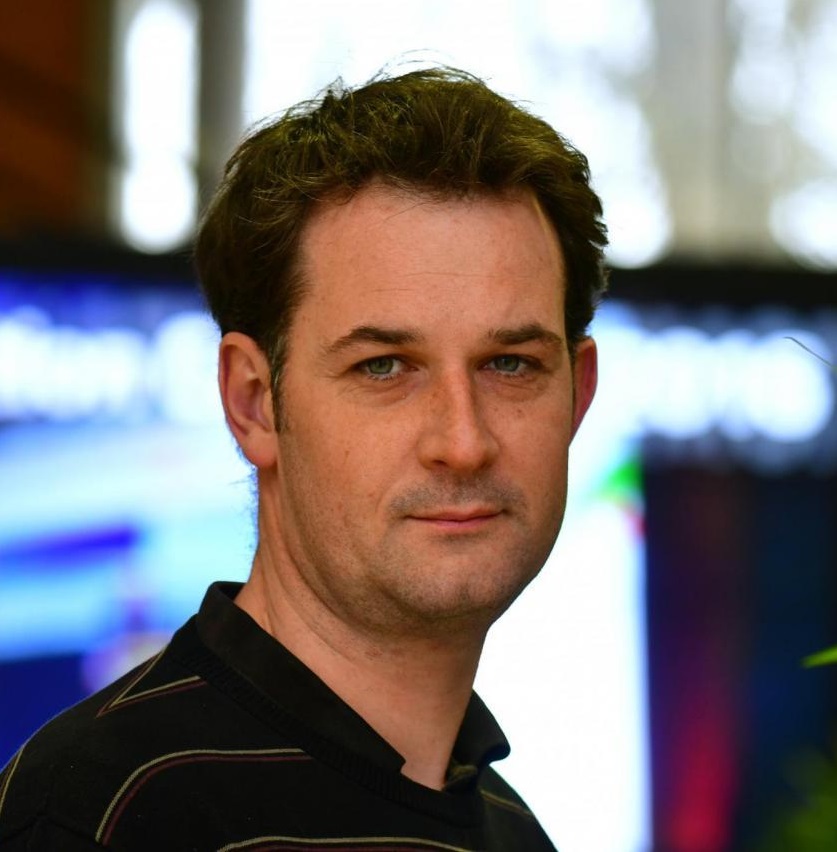
Jean-Christophe Gilloteaux is a researcher in the Marine and Ocean Energy team at the LHEEA laboratory in Centrale Nantes. He has been working for 13 years in the marine renewable energy sector and for 8 years in the floating wind energy sector. More recently he has been working on numerical and experimental modeling of floating wind turbines. He is also heavily involved in a project on a energy ship concept dedicated to the conversion of wind energy far offshore.
Panelist #3: Anthony Viselli (University of Maine)
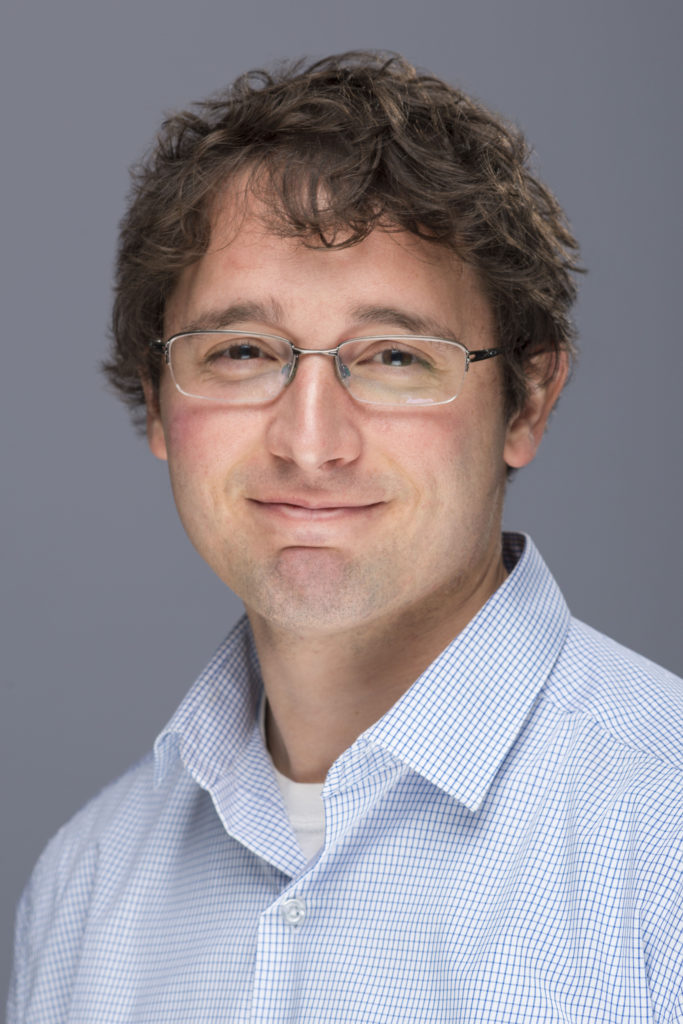
Dr. Anthony Viselli, P.E., is the manager of offshore model testing and structural design at the UMaine Advanced Structures and Composites Center and has fifteen years of experience in the research, design, testing, and construction of innovative structures. Dr. Viselli currently leads design and testing efforts for the Center’s offshore structure programs as well as the new W2 Wind-Wave Ocean Engineering Laboratory. Dr. Viselli received his doctorate with a focus in floating offshore wind turbine structures. His dissertation title is “Model Test of a 1:8 Scale Floating Wind Turbine Offshore in the Gulf of Maine” which resulted in the design, fabrication, deployment and unique testing of the first grid-connected offshore wind turbine in the US.
Panelist #4: Sandrine Aubrun-Sanches (Ecole Centrale of Nantes)
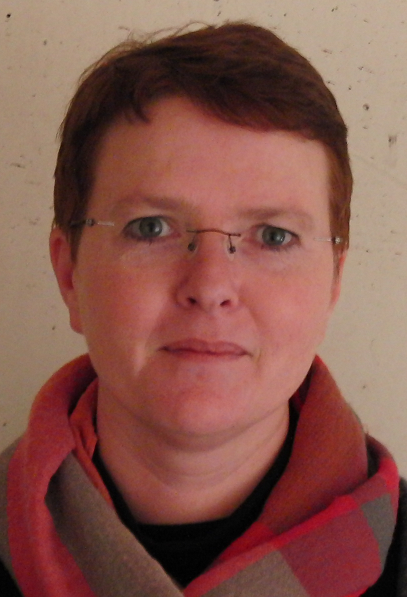
Prof. Sandrine Aubrun joined Ecole Centrale of Nantes in France in 2017, at the Laboratory of Research on Hydrodynamics, Energetics and Atmospheric Environment (LHEEA). Her research activities are focused on aerodynamics and wind resource dedicated to wind energy. She received her PhD degree in fluid mechanics from Institut National Polytechnique de Toulouse in France in 1998. She had a 2-year post doc position in ONERA (1998-2000) working on aeronautical applications and then a 4-year post-doc position (2000-2004) at the Meteorological Institute in Hamburg University in Germany, where she was working on atmospheric dispersion. She was associate professors at Université d’Orléans in PRISME laboratory from 2004 and developed research activities on environmental aerodynamics for wind energy applications and on aerodynamics for the transport sector. She was president of European Academy of Wind Energy during two years (2015-2017).
Panelist #5: Natalia Castro Casas (D-ICE Engineering)
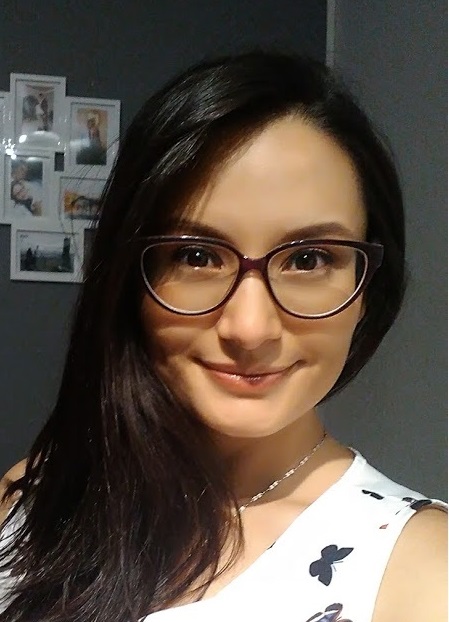
Natalia Castro Casas is a research engineer (specialized in control engineering) at D-ICE Engineering (Nantes). First, she received her bachelor’s degree in Industrial automation engineering in 2015 (University of Cauca, Colombia). She then obtained a specialization in Control Systems through a master’s degree at Centrale Nantes (France). She joined D-ICE Engineering in 2017 and is
